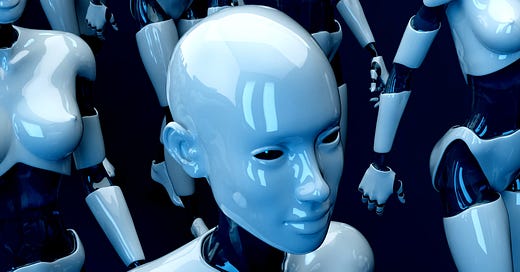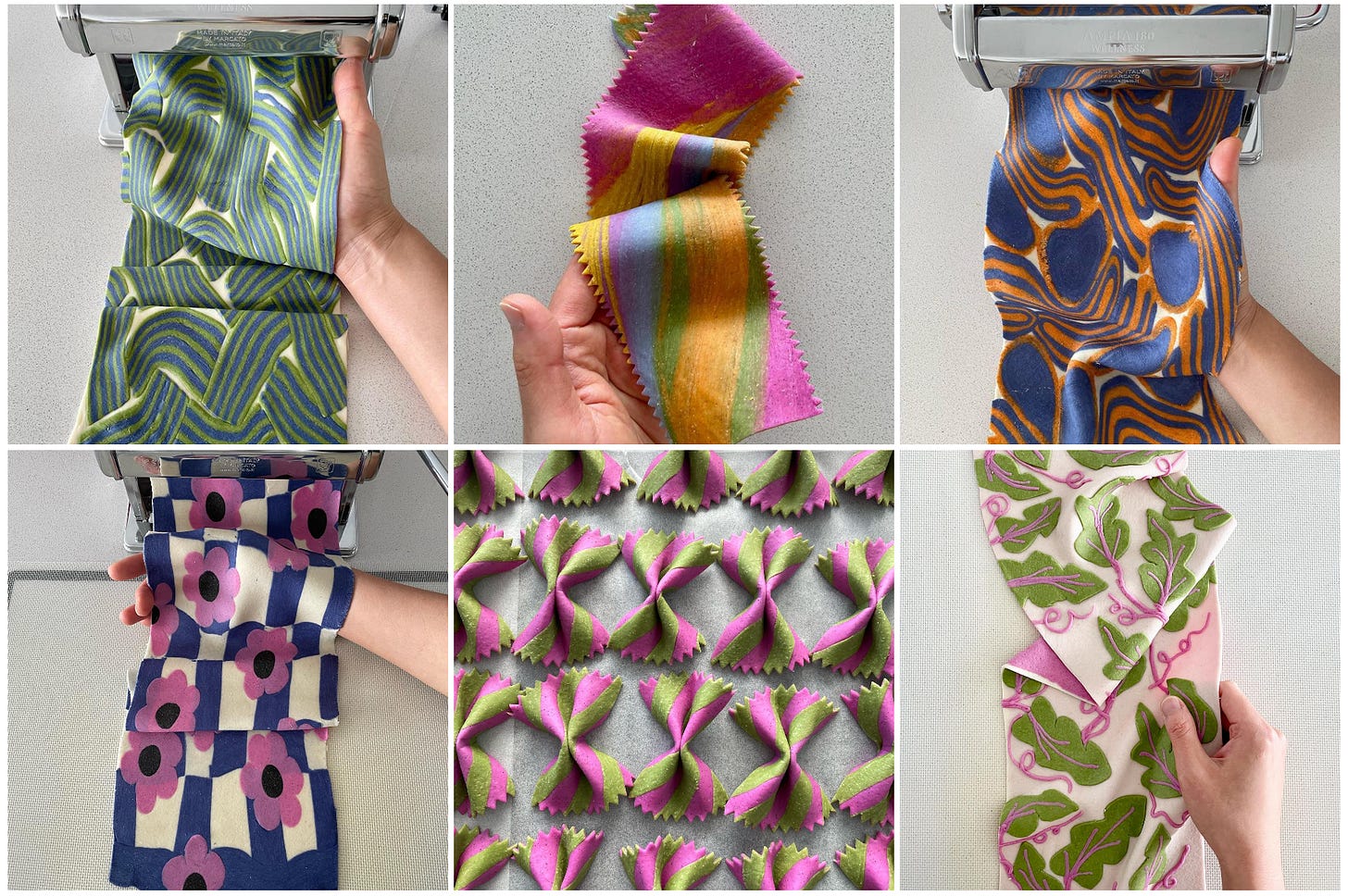Hello!
In case you missed it, my latest essay went live on Electric Literature a couple weeks ago and went micro-viral on Twitter because it’s about the perennially controversial topic of Prince Harry. And I’m not saying it was entirely my doing, but he is taking my advice to attend his father’s coronation after all.
It wasn’t just about Prince Harry, though, it was about how his experience leaving the royal family seemed so similar to my experience leaving my religion. Writing about Jehovah’s Witnesses for a large audience is always fraught, because there are always some apologists popping in to tell me my lived experience is wrong with the same shoddy logic the religion operates on. My favorite comment was an active JW who tweeted that I shouldn’t get hung up the flaws in their teachings because living forever in paradise is such a wonderful hope. Thinking I’m going to become a billionaire is also a wonderful hope, bro, but that doesn’t mean it’s going to happen!
But when I do write about my experience as a JW, I also get lovely notes from fellow ex-JWs who are glad to read about our experience, so it’s worth it. I suppose the lesson is that the hardest things to write about are usually the most important.
Rebecca
Should we be jealous of AI?
When I’m feeling especially disillusioned with corporate work, like right now, I dream of the perfect freelance gig, where I receive clear instructions from a client to produce a piece of content, the client leaves me alone to complete it as I see fit because they have faith in my skill set, and the client receives it with few if any edits. Sound familiar? If only we could all enjoy the work conditions of a chatbot.
Shortly before I was laid off from my last job, my boss had started suggesting I use ChatGPT to ease my workload as a Content Director with no one working under me to help, you know…make content. I knew my job was doomed. Our marketing manager had already been directed to use a different AI to make up for the fact that she couldn’t write a coherent sentence to save her life. It was clear that writing wasn’t a valuable skill here, but a hurdle to overcome on our way to other vague corporate drudgery.
Despite its many flaws and abject failures, the job posts and recruiters I’ve encountered since all want to know my plan for how I’ll use ChatGPT in this new role, and I suspect “I used it to write the cover letter I sent you” is not the answer they’re looking for. As a professional writer with some prestigious publications to my name, this is more than a little insulting, and fails to take into account that the research and interviews, the knowledge of a target audience, etc. are the most time consuming aspects of writing. I don’t really need a chatbot to dot my i’s for me, and if I were to outsource an article to AI, the editing and fact-checking I’d have to do would probably take more time than typing it up myself.
I suspect it’s a symptom of the writing-phobia I’ve seen many non-creative colleagues exhibit. A few years ago I made a career pivot from social media, a field everyone and the CEO’s mother think they know more about than the actual expert on the team, to content, a field where everyone acts like writing a paragraph of text would kill them and therefore used to afford the expert a smidgeon of respect. Since these coworkers and managers think writing is an inherently miserable enterprise, they seem to think writers should embrace ChatGPT with open arms. And they’re right that ChatGPT is a great solution for writing something you would rather die than write yourself (hence the cover letter), but they’re forgetting that most of us “content marketers” are frustrated ex-journalists or fiction writers who have settled on “branded editorial” as the only way to reliably make a living working with words.
And now that’s over too, it seems.
These corporate writing jobs were, like all corporate jobs, mostly meetings to begin with, leaving very little time to create actual work product. And as boring as a blog article about data analysis could be, I still yearned to spend more time actually working on something tangible than droning on in an hour-long meeting where we try to decide whether we actually have anything to discuss in this meeting or if we should, since we’re all here, talk about something else entirely that doesn’t relate to our jobs at all.
Why can’t an AI do that? Why can’t an AI make inane small talk drawn from a digital encyclopedia of cliches and industry jargon for us while we spend our time doing actual work with the potential to reward us with a finished product at the end of the day, however uninspiring and devoid of meaning? Why are we giving AI the fun jobs?
AI is making music, entering photography competitions and writing—you know, the kind of things people actually want to do and will call their “true passion” even though they can only find a spare hour or two a month to devote to it?—while real live humans repeat tired buzzwords while wearing a business mullets on zoom calls.
I’m not worried about AI taking our jobs—although it is doing that, too—I’m worried about AI taking our hobbies.
This section of a Garbage Day post referencing Cory Doctorow’s post about Tiktok’s “enshittification” keeps kicking around my brain every time I check the “I am human” box on job applications:
If you can’t really tell what’s happening in the diagram, the user tells ChatGPT they want a job. ChatGPT extrapolates a nice perfunctory email/cover letter. It’s sent to a hiring manager, who takes the text, puts it into ChatGPT, which then spits out a single sentence confirming someone wants the job with a link to their resume. The A.I. could probably go further and summarize the resume if you wanted. It could probably even determine if the work experience or education levels of the applicant were appropriate for the role. You could even set it up so that the humans on either side both never knew that the other one is using ChatGPT and that they never read the information being sent between both instances.
Ignoring for now all the legal and ethical issues with conducting any kind of hiring like this, what’s really freaking me out is that all the socializing is being done between the two A.I. The social content is the work that’s being outsourced here. The fundamental thing that makes human beings human. It’s the enshittification of our own interactions with one another. Or, to put it another way, the humans in the scenario above are the ones communicating like robots.
So we’re trying to act more and more like robots while robots take over the parts of life that once made us uniquely human. If we’re going to swap roles with robots, why don’t we design an AI that will do a boring corporate job for us while we learn documentary photography or paint a landscape?
My last boss once called an urgent meeting to chastise me for Slacking her a question that she perceived as “hostile,” as if a string of words ending in a question mark sent over a text messaging platform could be objectively impertinent. From then on I tried to message her as little as possible. Maybe instead I should have translated my DMs in ChatGPT, asking the bot to rewrite them in an unimpeachably chipper tone.
Maybe that’s what I’ll tell the next recruiter I talk to. My plan is not to use ChatGPT to write actual copy, because I believe AI-generated copy will never be as interesting or engaging as something written by a professional writer, but I’ll have the bot draft all my emails and Slack updates, so at least it will feel like you’re working with a robot.
Recommendations
This artist’s gorgeous textile-inspired pasta. Now I want to buy a pasta machine.
Courtney Love’s op-ed in the Guardian questioning how few women, and especially women of color, make it into the Rock and Roll Hall of Fame (only 8% of inductees are women). And even when a woman is nominated, it can set off another round of sexist debate over her talent a la Meg White.
These melatonin supplements. I’ve never had success with melatonin before, but after the switch to daylight savings time I was desperate enough to try again and honestly, these have saved my life.
The costume and set design of the second act of Beau is Afraid, but not the film itself. Go to therapy, Ari!






